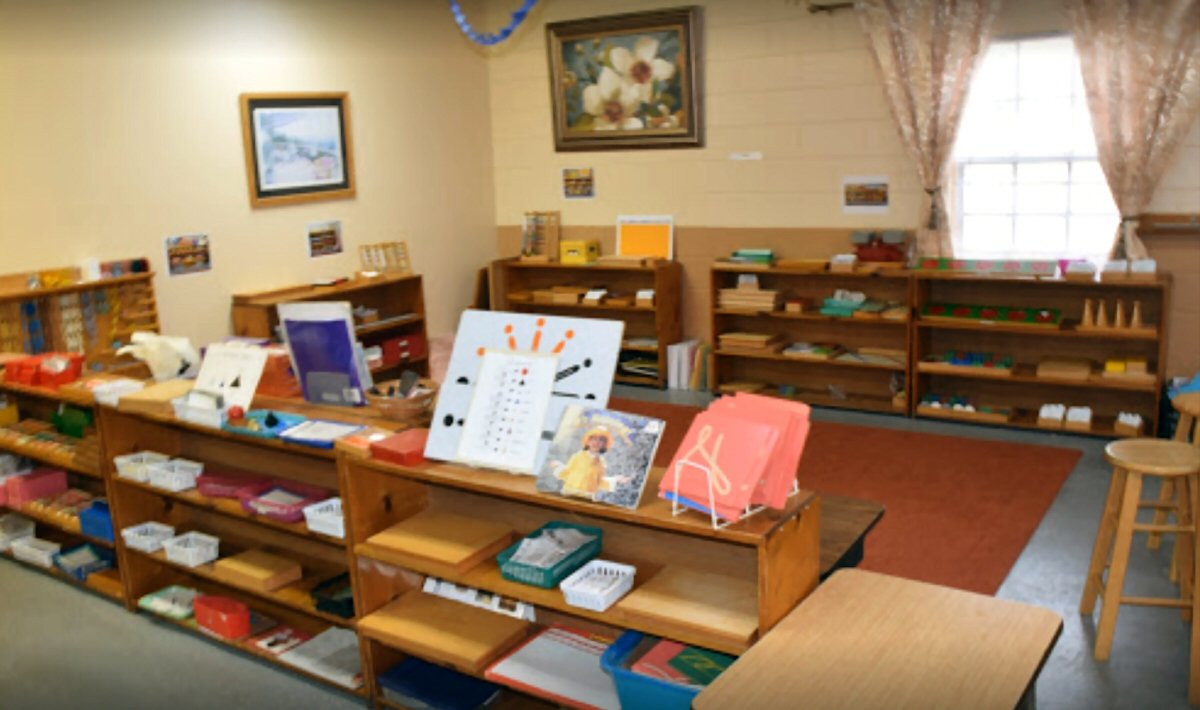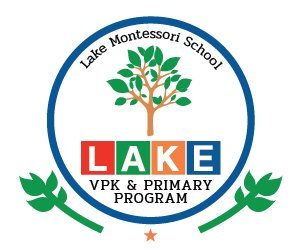
VPK Preschool in Leesburg, FL
A Foundation for Future Success
For children age 2.5 - 6
VPK Programs Near Leesburg, FL
At Lake Montessori VPK Pre-K and Primary School, we understand the significance of early childhood education in shaping the trajectory of a child's lifelong learning journey.
Our Pre-K + Primary Montessori curriculum is thoughtfully designed to provide a nurturing and stimulating environment where young minds flourish, laying the groundwork for future academic success.
Tuition-Free Preschool VPK
CLICK HERE STEPS AND INSTRUCTIONS ON HO HOW TO SIGN UP
Did you know that there is a scholarship program available to all VPK Pre-K students that can send your child to a private school in Leesburg, FL like Lake Montessori High School tuition free? Apply now for your tuition scholarship »»
PRIMARY SKILLS
Understanding Order: Learning to put things away in the proper place, keep track of belongings, and to follow the intrinsic order of the materials.
Taking Turns: Waiting to use favorite materials, have a seat at the snack table, or have the undivided attention of an adult.
Doing Things For Oneself: Zipping, buttoning, etc. are skills that come out of the necessity of taking care of oneself. Seeing older children doing these things develops interest.
Language Skills: Increasing new feelings and experiences eventually broaden the range of expression.
Wanting to Work: A strong drive to learn new things is developed through seeing the accomplishments of other children.
Montessori VPK Preschool in Leesburg, FL
The primary preschool VPK classes group children ages 2½– 6 under the direction of Montessori-certified head teachers and classroom assistants. It is the teacher’s responsibility to observe each child as an individual. Lessons are then focused around each child’s individual needs and interests while exposing them to all areas of the curriculum.
As in a family, children learn from and assist one another at our VPK preschool in Leesburg, FL. Children are free to move about, talk, and work with materials. All materials are designed to be manipulated, and the children are encouraged to repeat activities as long as interest remains.
Learning materials are within easy reach and invite exploration. A child may work alone or may ask others to share in a project. Children are allowed to develop at individual rates and according to their interests. Within this prepared environment a spirit of freedom and its accompanying responsibility flourishes.
Additional Info
Click each + symbol to read more information.
-
Because young children rely on a consistent routine in their life to function at their best, we offer only full-week programs. Children ages 2½-6 attend school for a full day, 8:30-2:30. For families needing additional care, we offer an Extended Care Program – Educare.
Just as it is important for children to arrive at school daily and on time, it is important for them to remain in the same class for three or four successive years. Not only do the children develop a close relationship with their teacher, but the teacher has the ability to truly see a child through all of his “sensitive periods” and give specific lessons accordingly. Children, as adults, go through periods of high and low productivity and interest. If a child remains in the same class for three to four years, they will be sure to experience all the materials necessary for them to fully develop.
-
The materials in the primary classroom can be divided into five basic areas:
Practical Life materials develop coordination and independence and help children feel a part of their environment and culture. These include activities such as polishing, washing, pouring, dressing skills, food preparation, and social skills.
Sensorial materials are designed to help children develop perception of differences in qualities, such as length, weight, and sound. These activities help children focus on the details of the world around them.
Language materials help children increase their vocabulary, explore the sounds and syntax of the English language, and learn to read.
Math materials demonstrate the functioning of the decimal system as children learn to count and work with quantities.
Cultural activities provide children with information about geography, history, music, art, and natural science. The factual information that children amass in the primary class is the basis for the exploration of relationships in the elementary class.
A detailed curriculum list is available in the school office.
-
The teachers always plan their day, week, month, and even year. Although many lessons are spontaneous, a plan is necessary to ensure that all children are receiving equal attention. The teachers also keep detailed records on each student’s progress academically, socially, and emotionally. Parent-teacher conferences are scheduled twice a year to keep parents informed on their child’s progress. In addition, progress reports are given at the spring conference. Teachers are also available for additional conferences throughout the year when necessary.
-
There are three basic rules in all Montessori classrooms:
Respect yourself. Take care of your body and personal belongings.
Respect other people. Do not hurt or abuse people or their work.
Respect the environment. Take care of the materials, our classroom, and our school.
What sets our school apart from others is the way we enforce these rules. Each child knows exactly what is expected of him/her. When behavior becomes inappropriate, choices are given and natural consequences follow. Our approach to each child is positive, yet consistent and firm.
As children begin to mature, their freedom and responsibilities increases accordingly. They are able to choose what they want to do, when they want to do it, and how.
-
Lake Montessori offers the following programs:
Preschool Montessori Program
Elementary Montessori Program
Each program supports academic learning, social development, and emotional growth.

